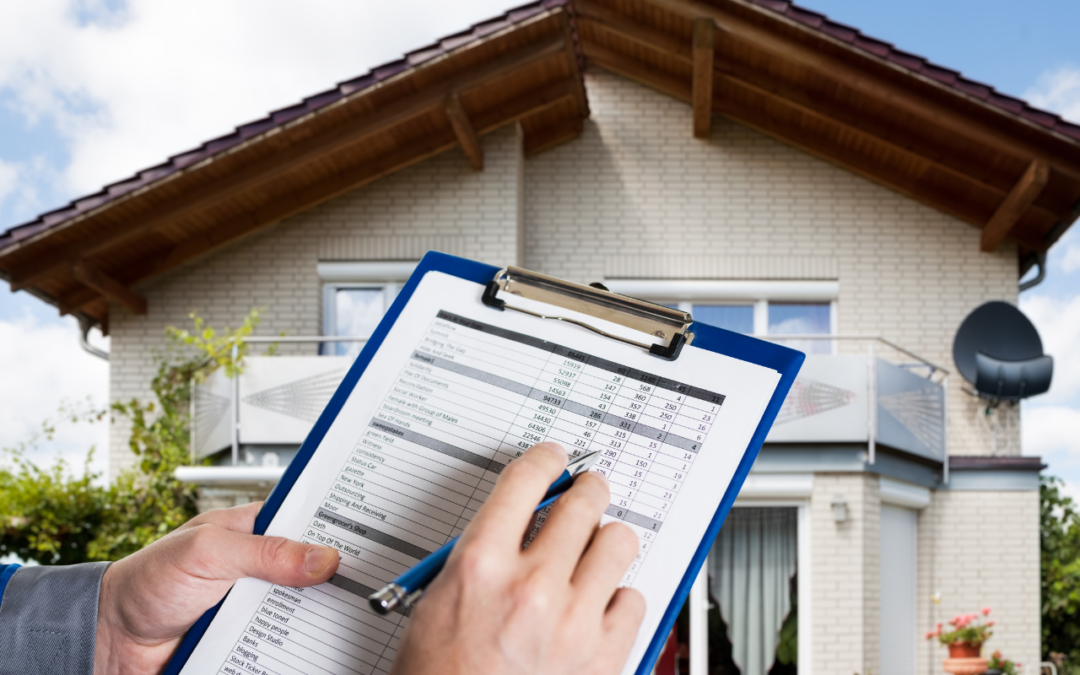Prior to 2010, mortgage laws and bankruptcy protections were fairly unregulated, and the laws that were regulated heavily favored financial institutions and lenders. After the foreclosure crisis of 2010, however, sweeping Federal and state reforms changed all that, with mortgages and bankruptcy laws amended to equally protect consumers and lenders alike.
Despite some people’s best efforts, bankruptcy is an inevitable result of their financial decisions. But it’s not something that they should be ashamed of: in fact, roughly 1.5 million people file for bankruptcy every year across the country. It’s not particularly uncommon, and thankfully, unlike previous decades, filing for bankruptcy in 2021 no longer has to mean that you’re going to become homeless. Here are a couple of things you can do:
Filing for Bankruptcy? Decide on a Chapter
When you file for bankruptcy in San Diego, CA county, you need to decide on which chapter to file. For private homeowners, this means deciding between chapter 7 and chapter 13.
In a Chapter 7 bankruptcy, also known as Liquidation of Assets, a borrower’s property cannot be sold without the bank’s approval. This includes assets like motor vehicles, personal items, and yes, real estate. However, while a Chapter 7 bankruptcy means that a lender cannot sell your property without permission from the court, it also means that you can’t sell it to generate cash for creditors without permission from the court.
Meanwhile, a Chapter 13 bankruptcy, also known as Reorganization of Assets, allows homeowners to work with the court to figure out a budgeting plan that can help them restructure and pay off most of their debt. In a Chapter 13 bankruptcy, borrowers are allowed to either keep or sell their property for their benefit, but only if it doesn’t cause financial harm to their lenders.
Find Out If Your Property is Exempt
Filing for bankruptcy is a heavily regulated Federal law. However, individual states may apply unique features to the law, with the most particular being property exemptions. Individual states will determine the different types of property that will be exempt from bankruptcy liquidation. Different states will have different items on their exempt list, from homes and jewelry to clothing and personal residences, with the latter being exempted only if they’re below a certain amount.
Anything on a Liquidation Exemption list is barred from being sold during bankruptcy liquidation, which means that houses that fit California’s exemption list can be saved. In the Bankruptcy laws of California, most borrowers who file for bankruptcy take advantage of The California 704 Homestead Exemption.
The California 704 Homestead Exemption protects property’s with a certain amount of equity, provided that it is the primary residence of the borrower. Generally, a 704 exemption can protect any type of real or personal property that’s worth up to $600,000. This residence can include, but is not limited to:
- Residential house
- Mobile Home
- Boat
- Condominium
- Planned Development
- Community Apartment
- Stock Cooperative
That being said, the 704 exemption can only protect your real or personal property provided that it is the primary residence that you reside in at the time of your filing. Secondary homes are not protected and will be sold off to help you get as current with your debt as possible.
Sell to a Professional Home Buyer
If you’re intent on selling your property, however, consider selling to a professional home buyer. Professional homebuyers are the only people who have the necessary tools and knowledge to provide sellers with the fairest market price for their property. For example, we buy houses in Oceanside, CA, which means we need to be knowledgeable about Oceanside market trends, the San Diego real estate market, California median home prices, and the national average of year-on-year increases.
Why is this necessary? Remember that a Chapter 13 bankruptcy allows you to sell your property for your benefit, provided it does no financial harm to your lender. This means that any excess you make from the sale of your home can go to you and not to your lender, if the court deems that the excess not paid to the lender doesn’t lead to their financial ruin. If you’re wondering if you could sell your house during bankruptcy, know that it is an option that can be profitable for both you and your lender, provided you approach the right home buyer.
Knowing the fair market price of your property will help you, the court, and your lenders decide on what amount can go back to you so that you can get the opportunity to start over. Sure, you can probably get an independent real estate agent, but unless they have the same type of resources and knowledge as a professional homebuyer, it probably won’t benefit you as much as you think it would.
Try to Reinstate Your Loan
Of course, one of the best ways to save your home from liquidation is to go current with your loan. Usually, foreclosures happen when a borrower defaults on a mortgage. A default means that you were unable to pay off your monthly payments over a pre-determined amount of time (usually within 2-3 months, depending on your promissory note with your lender).
Once a borrower defaults, and once loss mitigation options are no longer available, a lender can choose to accelerate your loan, which means they’ll be asking to collect the entire loan amount. However, if you’re able to talk to the courts, your lender, or your bank, you may be able to reinstate your loan if you’re able to pay off the defaulted amount (plus late fees).
Work with your lender to try and get your loan reinstated if you have the necessary funds. Remember: your lender would rather you go back on your monthly payments than sell your house because they earn more from the interest rather than a sale.
Let Us Help You Find Solutions!
We at Ignite Property Solutions, LLC. are proud to call ourselves expert and professional cash homebuyers because we have the appropriate tools, resources, network, and knowledge to help clients sell their house fast and at a price that is both fair and profitable to all. We buy houses in Oceanside, CA, and beyond, so contact us, today, if you have any questions regarding our services.





